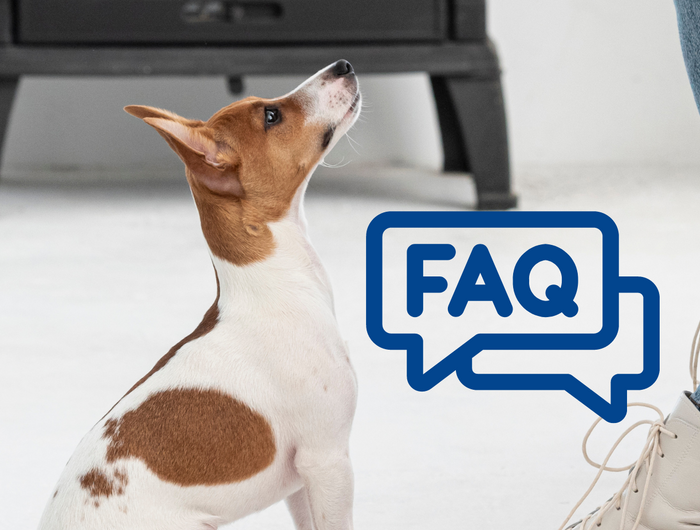
FAQs
Frequently asked questions
What is it like living with a pet?
Pets do not ask for much in life, and most just need a warm, safe, and sheltered place to live, as well as adequate food, water, and exercise. In return, they will give you unconditional love, loyalty, and companionship.
How do you take care of pets?
- Provide a balanced diet: Feeding your pet with the right food that meets their nutritional needs is crucial for their overall health. Consult with a veterinarian to know what type of food and portion size is appropriate for your pet. Avoid giving them table scraps or unhealthy snacks as these can lead to health problems.
- Exercise regularly: Just like humans, pets need physical activity to stay fit and healthy. Depending on your pet's breed and age, you should provide them with the appropriate amount of exercise. Daily walks, playtime, and activities like swimming are great ways to keep your pet active and healthy.
- Regular grooming: Regular grooming is essential for maintaining good hygiene and preventing health problems. Brushing your pet's fur, trimming their nails, cleaning their teeth, and bathing them regularly are all part of proper grooming.
- Regular check-ups: Regular visits to the veterinarian are important to ensure your pet's overall health and well-being. During these visits, the vet can detect any health issues early and provide treatment before they become more serious.
- Show love and affection: Providing love, affection, and attention is critical for maintaining your pet's mental and emotional well-being. Spending quality time with your pet, playing with them, and providing them with a comfortable living environment are all important ways to show your love and care for your pet.
Why do pets need care?
Pets need care for several reasons. Firstly, they are living beings that require food, water, and shelter to survive. Pets also require medical attention to maintain their health and well-being. Regular veterinary visits, vaccinations, and preventive care measures are crucial to prevent diseases and catch any health problems early.
Pets also need care to maintain their mental and emotional health. Providing love, attention, and socialization can prevent boredom, anxiety, and depression in pets. Regular exercise and playtime are also important to keep pets physically and mentally stimulated.
Overall, pets need care to lead healthy and happy lives. As pet owners, it is our responsibility to provide them with the necessary care and attention they require to thrive.
What should I look for in a good pet food?
A good pet food should provide complete and balanced nutrition for your pet. Look for a food that contains high-quality proteins, healthy fats, and essential vitamins and minerals. It's also important to choose a food that is appropriate for your pet's life stage, breed, and activity level.
Should I feed my pet a grain-free diet?
Grain-free diets have become popular in recent years, but they are not necessary for most pets. In fact, some grain-free diets have been linked to heart disease in dogs. If your pet does not have a specific allergy or sensitivity to grains, a high-quality food that includes grains can provide important nutrients.
How much should I feed my pet?
The amount of food your pet needs depends on their size, age, and activity level. Consult with your veterinarian to determine the appropriate portion size for your pet. Overfeeding can lead to obesity and other health problems, while underfeeding can result in malnutrition.
Can I feed my pet human food?
While some human foods can be safe for pets in moderation, it's generally best to stick to a high-quality pet food. Many human foods are not appropriate for pets and can be harmful, even toxic. Consult with your veterinarian to determine what human foods, if any, are safe for your pet.
Should I rotate my pet's food?
Some pet owners like to rotate their pet's food to provide variety and prevent food allergies. However, sudden changes in diet can cause digestive upset, so it's best to gradually introduce new foods over a period of several days. Consult with your veterinarian to determine if rotating your pet's food is appropriate for them.


